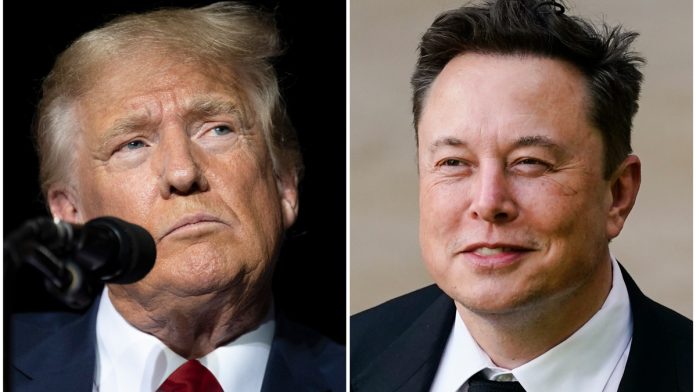Both Musk and Ramaswamy have openly criticized the prevalence of remote work within federal agencies, advocating for a five-day in-office workweek for all federal employees. A source close to DOGE discussions revealed that this proposal is being considered as one of the initiative’s initial executive orders.
“It’s a straightforward step that many private companies have already adopted. Taxpayer-funded employees should also be held to similar standards,” the source stated. The rationale behind this move is clear: reinstating a mandatory office presence may prompt some federal workers to resign voluntarily, thereby reducing government expenditure.
Moreover, relocating federal agencies away from Washington, DC, is also being explored as a complementary measure to encourage workforce reductions. While the exact savings from these changes remain uncertain, proponents argue that the ripple effects—ranging from downsizing operational costs to improved oversight—could justify the disruption.
Federal Workers Voice Concerns
The prospect of ending remote work has drawn criticism from federal employees and their representatives, who argue that such measures could destabilize lives without necessarily yielding substantial cost savings.
One Library of Congress employee, now based in the Midwest after being allowed to work remotely during the pandemic, expressed concerns about the potential upheaval. “Returning to Washington, DC, would mean uprooting my family and abandoning the life I’ve built here,” they said, noting the logistical challenges of returning to a workspace already reassigned to others.
Another employee, who would face a two-to-three-hour commute to their nearest office, said such a requirement would force them to resign after over a decade of service. “This would be the breaking point for me,” the worker explained, highlighting that their current remote setup allows them to work longer hours and maintain higher productivity.
Unions representing federal workers have also pushed back. Everett Kelley, president of the American Federation of Government Employees, emphasized that changes to working conditions must undergo collective bargaining. “The narrative that federal employees are not working in-person is simply not supported by the data,” Kelley said, referencing government figures that show teleworking employees spend a significant portion of their time on-site.
Beyond Remote Work: Broader Cost-Cutting Measures
Remote work is just one element of DOGE’s broader strategy to streamline federal spending. Musk and Ramaswamy are reportedly reviewing existing congressional and executive branch reports to identify inefficiencies and potential areas for budget reductions.
One particular focus is cutting funding for programs that Congress no longer authorizes but continue to receive appropriations. According to Ramaswamy, these programs account for more than $500 billion in taxpayer funds annually. “It’s absurd that this money is being spent on expired initiatives,” he recently posted on social media, highlighting the urgency of addressing outdated allocations.
While some reforms may be implemented via executive orders, DOGE is also exploring rulemaking processes for longer-term changes. The initiative plans to work closely with federal agencies, tasking them with identifying inefficiencies within their own operations.
A Lean, Agile Team with Ambitious Goals
Rather than creating a sprawling bureaucracy, DOGE intends to operate as a small, nimble team. The initiative will leverage existing data and insights to inform its recommendations, ensuring a targeted approach to government reform.
“They’re not reinventing the wheel,” the source explained. “This isn’t about having all the answers but about using established frameworks to cut costs and improve efficiency.”
While DOGE’s proposals are still in development, the potential for significant changes to federal employment policies and government operations looms large. As these discussions unfold, the impact on federal workers, taxpayers, and the broader public sector remains to be seen.

